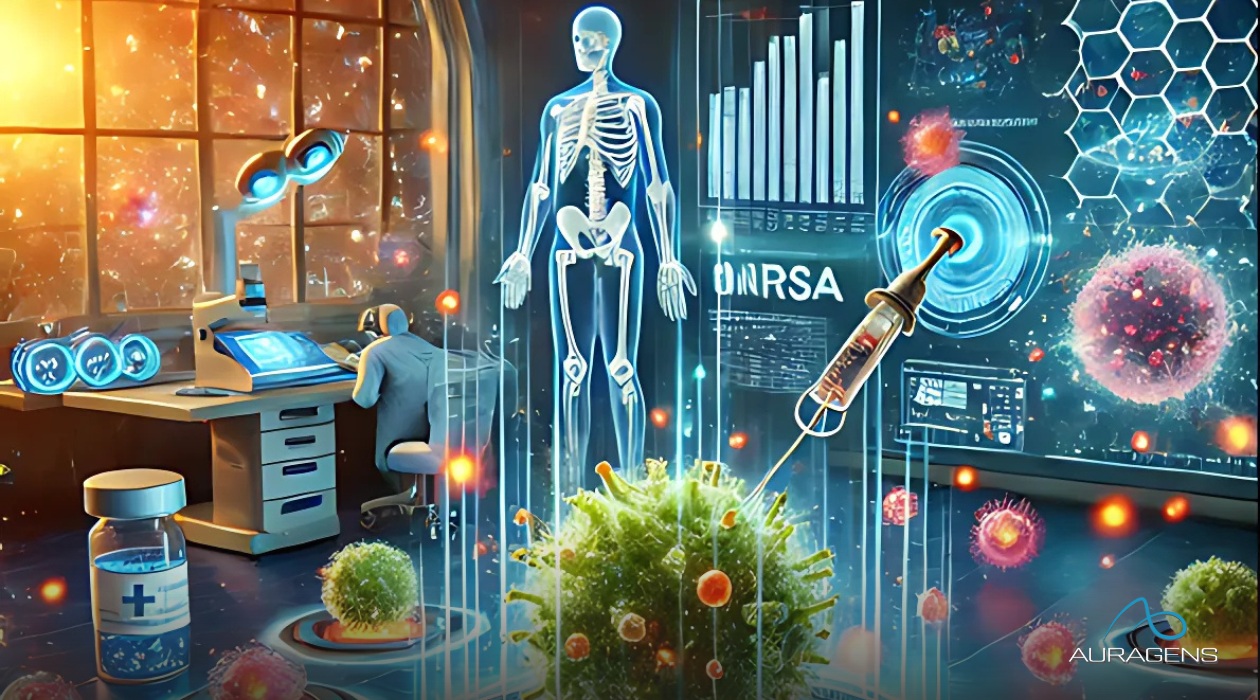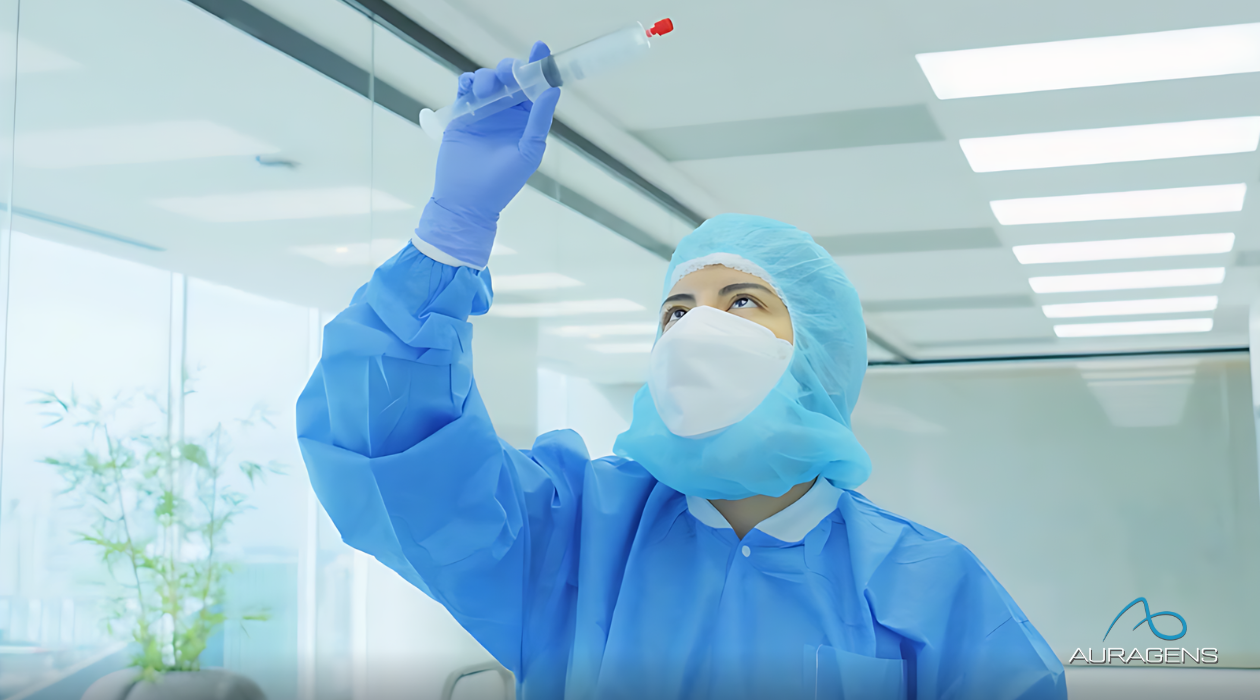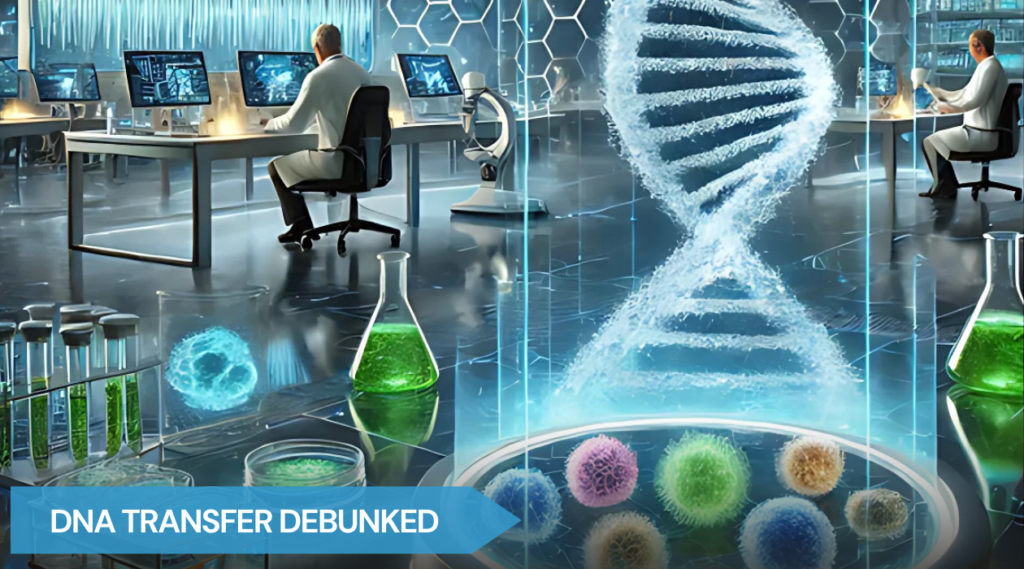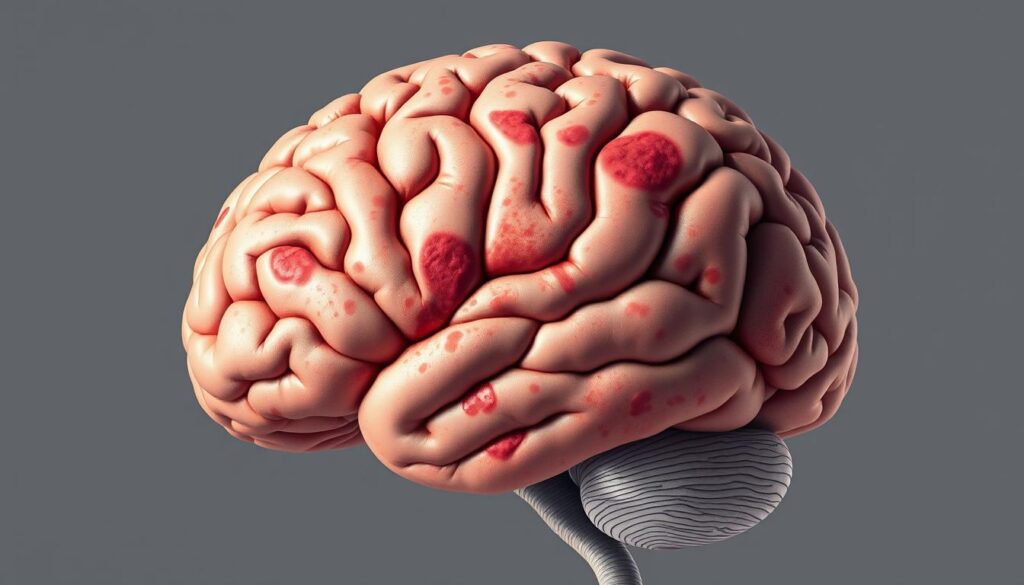
Antibiotic resistance represents one of the most significant challenges to global health today and has rightfully been discussed at length in recent publications and media outlets. It arises as bacteria evolve mechanisms to evade the effects of antibiotics, rendering traditional treatments ineffective. The implications are profound, including prolonged illness, escalating healthcare costs, and an increased risk of mortality. To combat this crisis, novel solutions like human umbilical cord mesenchymal stem cells (hUC-MSCs) offer a promising, multifaceted approach.
Understanding Antibiotic Resistance: What Is It?
Mechanisms of Development
Antibiotic resistance emerges through several pathways:
-
Natural Selection: The use of antibiotics selectively kills susceptible bacteria, leaving resistant strains to proliferate.
-
Genetic Mutations: Random genetic alterations may confer resistance to antimicrobial agents.
-
Horizontal Gene Transfer: Resistant genes can spread among bacteria via conjugation, transformation, or transduction.
Common Causes
-
Misuse or overuse of antibiotics in humans and livestock.
-
Failure to complete prescribed antibiotic courses, allowing resistant bacteria to persist.
-
Extensive use of antibiotics in agriculture for growth promotion or disease prevention.
-
Insufficient infection control practices and inadequate sanitation.
Global Impact
-
Public Health: Resistant infections, such as MRSA (methicillin-resistant Staphylococcus aureus), VRE (vancomycin-resistant enterococci), and CRE (carbapenem-resistant Enterobacteriaceae), lead to limited treatment options.
-
Economic Costs: Lengthened hospital stays and reliance on more expensive or toxic drugs burden healthcare systems.
-
Worldwide Spread: Globalization facilitates the rapid dissemination of resistant bacteria.
The Case for hUC-MSCs in Combating Antibiotic Resistance:
The Auragens Solution

Auragens backed, human umbilical cord mesenchymal stem cells represent a breakthrough in the fight against antibiotic-resistant infections. These cells possess unique antimicrobial and immunomodulatory properties, offering an alternative or adjunctive therapy to traditional antibiotics.
-
Antimicrobial Properties hUC-MSCs secrete antimicrobial peptides such as cathelicidin LL-37 and human β-defensin-2, which directly attack and disrupt bacterial membranes. This mechanism has been demonstrated to inhibit the growth of antibiotic-resistant pathogens, including imipenem-resistant Pseudomonas aeruginosa.
-
Immunomodulatory Effects hUC-MSCs enhance the host immune response by:
– Promoting the differentiation of regulatory T cells.
– Polarizing macrophages from a pro-inflammatory (M1) to an anti-inflammatory (M2) state.
– This dual action not only reduces excessive inflammation but also supports tissue regeneration, creating an environment less favorable for bacterial survival.
-
Biofilm Inhibition Biofilms are protective bacterial structures that shield pathogens from antibiotics. hUC-MSCs effectively disrupt biofilm formation, thereby improving bacterial susceptibility to antimicrobial agents.
Auragens Clinical Implications
The integration of hUC-MSCs into infection management protocols offers a powerful adjunctive therapy:
-
Targeting Resistant Strains: By combining antimicrobial secretion with immune modulation, hUC-MSCs address infections that are unresponsive to conventional antibiotics.
-
Reducing Antibiotic Dependency: The ability of hUC-MSCs to combat pathogens diminishes the need for high-dose or prolonged antibiotic courses, slowing the spread of resistance.
-
Supporting Tissue Repair: Their regenerative properties aid in recovery from infections that cause significant tissue damage.









